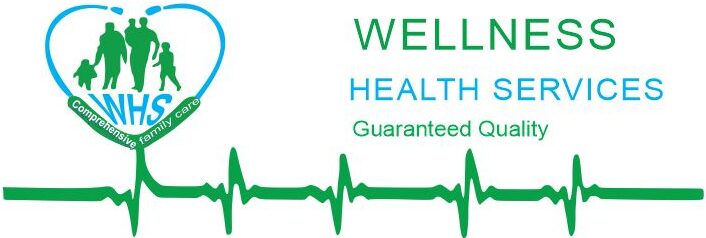“The hardest part of cancer isn’t always the disease itself—it’s feeling like you’re fighting it alone.”
When someone you love is diagnosed with cancer, you may feel helpless, unsure what to say, or afraid of doing the wrong thing. Yet research consistently shows that family and friends are one of the most powerful healing forces in a cancer patient’s journey. In fact, studies reveal that emotional presence, practical help, and genuine companionship can dramatically improve quality of life, reduce stress, and even boost treatment outcomes.
So how exactly can you support your loved one in a way that is truly meaningful—and not just well-intentioned? Let’s explore evidence-based strategies that can change everything.
- Be Present, Not Perfect
Cancer patients often don’t expect you to have the right words—they just want you there. According to the National Cancer Institute, simple presence reduces feelings of isolation and gives patients a sense of stability.
✨ Pro Tip: Instead of saying, “Let me know if you need anything,” try, “I’ll come by on Wednesday with dinner—does 6 pm work?”
- Offer Emotional Support Without Toxic Positivity
It’s tempting to say, “Stay strong” or “You’ll beat this.” But psychologists warn that over-positivity can sometimes minimize real fears and pain.
Research from the Journal of Psychosocial Oncology shows that patients value empathy, honesty, and validation far more than clichés. Listening deeply, offering a hug, or simply sitting in silence can speak louder than words.
- Provide Practical Help—Small Acts, Big Relief
Cancer treatment often leaves patients drained. Everyday tasks like cooking, cleaning, or picking up medication can feel overwhelming.
Evidence from MD Anderson Cancer Center highlights that instrumental support—running errands, preparing meals, or organizing transport—relieves cognitive and emotional burden, allowing patients to focus on recovery.
✨ Pro Tip: Create a shared calendar with friends or relatives to coordinate meals, rides, or childcare.
- Help Maintain Normalcy & Connection
Patients need moments where life doesn’t revolve around cancer. Watching a movie, sharing a laugh, or reminiscing about old times brings joy and a sense of normalcy.
A recent study in the European Journal of Cancer Care found that social interactions which promote “normal life” significantly reduce distress and improve resilience.
- Respect Their Space and Autonomy
Support is not about taking over—it’s about empowering. Always ask permission before visiting, bringing food, or discussing their treatment. Some patients appreciate company; others need solitude.
Evidence suggests that autonomy and control are vital in helping patients cope and adjust to their diagnosis.
- Encourage Peer & Group Support
Support groups—whether online or in-person—are proven to reduce anxiety, improve coping skills, and foster hope. These groups create spaces where patients can share openly with people who “get it.”
According to the National Cancer Institute, patients in support groups often experience better emotional well-being and improved quality of life.
- Take Care of the Caregivers Too
Family and friends often become caregivers—and burnout is real. The Oncology Nursing Society emphasizes that caregivers must be supported with resources, respite, and encouragement. When caregivers are well, patients feel better supported too.
Key Takeaway
Cancer is not just a medical battle—it’s a human journey of connection, courage, and compassion. As family or friends, your role is not to fix or to cure, but to walk alongside your loved one with love, presence, and respect.
Every meal you cook, every errand you run, every moment you sit and listen says loudly: “You are not alone.”
Call to Action
If you or someone you love is navigating cancer, remember: support is medicine too. Share this article with family, friends, and caregivers so together we can build communities where no patient fights cancer in isolation.
💚 For more insights on health, wellness, and compassionate care, subscribe to Health Insights 360 and join our growing community of people who believe that healing happens best—together.
supporting a cancer patient, how to help a friend with cancer, family support in cancer care, caregiver tips cancer, emotional support cancer, practical help for cancer patients, cancer support groups, cancer patient care at home

